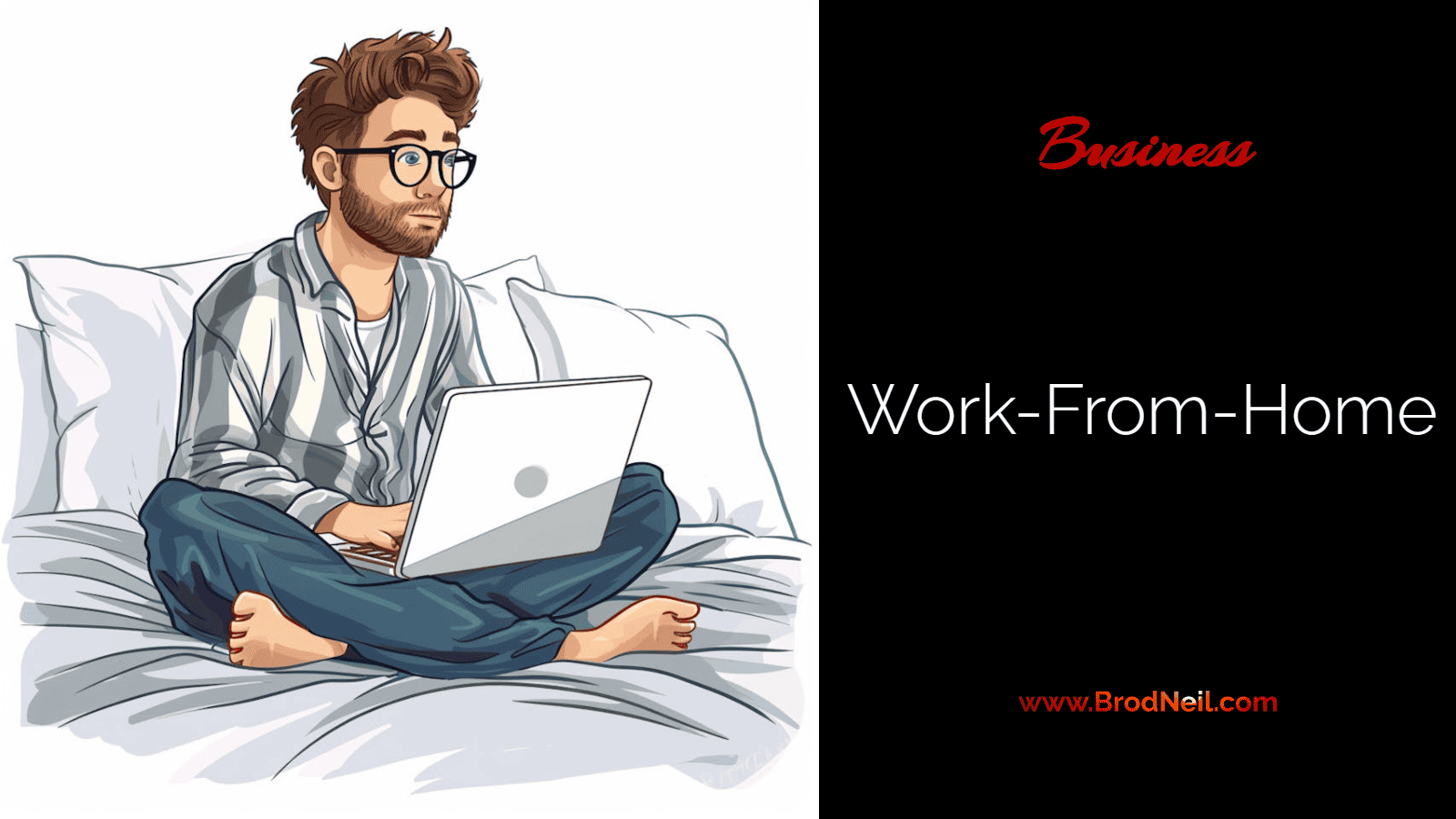Working from home gives you more freedom and a better balance between work and life. To ease the process, companies are using monitoring tools. Companies like J.P. Morgan, Barclays Bank, and UnitedHealth Group have been in the news for monitoring their workers’ emails and keystrokes. This, in turn, shows an even more significant trend of workplace spying that goes far beyond the office itself.
A report from ResumeBuilder.com shows that 37% of companies require their remote workers to be visible through live video feeds. Most of the time, employees are watched by keeping track of their web viewing and app use, which affects 62 percent of employees. In the meantime, ExpressVPN has released a study from the survey that says almost 80% of employers use some monitoring software to monitor their workers’ work and online activities. This widespread monitoring is caused by a condition called “productivity paranoia,” in which managers doubt the dedication and output of their workers, primarily when they work from home. Employee monitoring everything from employees’ emails to their keystrokes. Businesses can use tools like Controlio, that help you maintain the right regulations of employee monitoring.
The federal government has noticed these privacy-invading practices and has taken steps to stop spying on workers.
The goal is to protect workers’ rights and privacy. The White House Office of Science and Technology Policy has asked people what they think about how companies use technology to spy on workers. Jennifer Abruzzo of the National Labour Relations Board has clarified that her goal is to protect workers “as much as possible” from being constantly watched and managed by computers.
It’s good that the government wants to protect workers from invasive monitoring, but these efforts must be carefully weighed against the need to keep the benefits of working from home. Employers can help their workers reach their full potential without using invasive tracking methods if they create an environment of trust and mutual respect.
Big and small businesses may have different ideas about handling online work, which could teach us something. According to Scoop’s Flex Index, most big businesses (65% of companies with more than 25,000 employees) prefer structured hybrid models. On the other hand, most small businesses (74% of those surveyed) take a fully flexible approach. Smaller companies tend to trust their employees more than big ones because they can get to know them better and talk to them more directly. Because they trust each other, these businesses are more likely to judge performance based on results rather than monitor every minute of the workday. Larger companies, on the other hand, have to handle a lot of employees in different places and roles, so they often use surveillance and structured models to stay in charge and ensure workers are productive.
This gap might increase because the government is reducing remote work surveillance. More prominent companies are trying to avoid the new rules by not limiting employee spying but by making them return to the office. Without meaning to, this could make these big companies less appealing to current and potential workers who like having freedom and flexibility at work.
Final words
Intelligent people may move from more prominent companies to smaller ones because the work environment at the smaller ones seems more open and accessible. This change could also lead to many people starting their businesses instead of working for big companies. The best way to move forward is for everyone to work together to change the workplace’s trust and authority rules. This will help ensure that the future of work is one of mutual respect, teamwork, and success for everyone. Regarding employer surveillance, though, reality often doesn’t match ideas. The federal government needs to find a balance.

